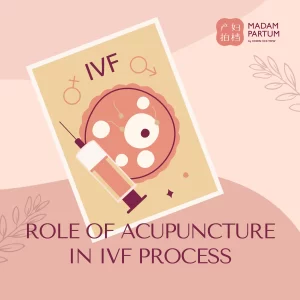
Embarking on the journey to parenthood is a significant milestone in a couple’s life. In the age of delayed parenthood and evolving fertility landscapes, the importance of preparing one’s body and mind for conception is paramount. Couples are increasingly understanding the need to create an environment conducive to fertility, thus setting the stage for a healthier pregnancy and child. This article explores the intricacies of preparing your body for conception, including the influence of body constitution and mental state on fertility.
Understanding Body Constitution and Its Impact on Fertility
In the context of Traditional Chinese Medicine (TCM) and holistic health, the concept of body constitution is crucial for understanding fertility. Each person’s unique constitution, influenced by genetics, lifestyle, and environmental factors, plays a pivotal role in their reproductive health.
Balanced Body Constitution
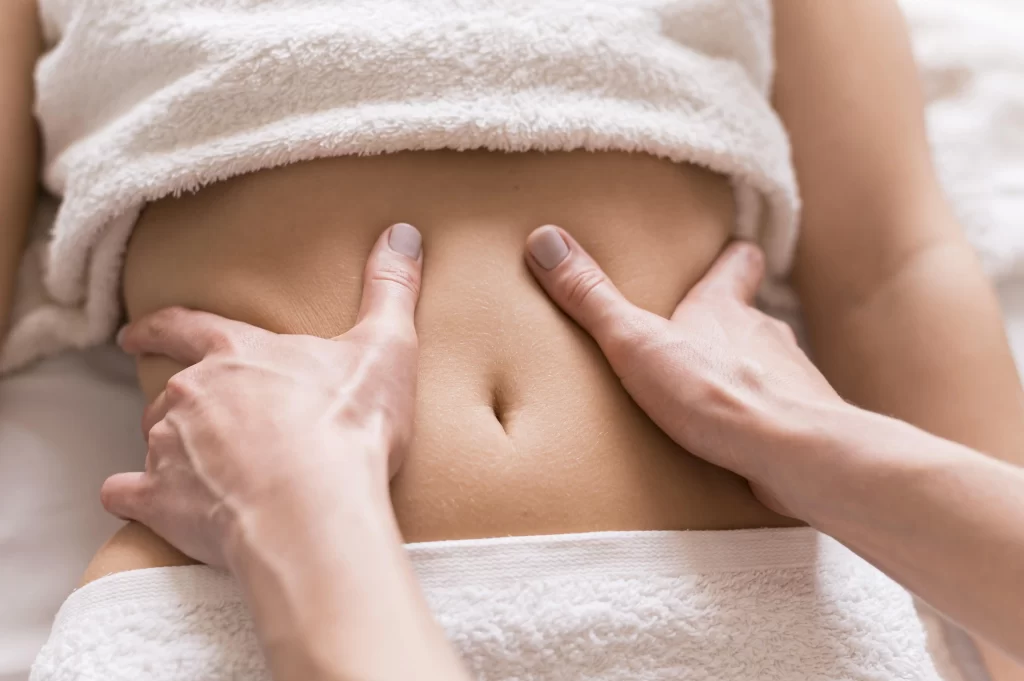
A balanced constitution is characterised by robust energy, a well-functioning digestive system, and a balanced immune system. Such individuals often exhibit strong fertility, as their bodies can efficiently maintain vital processes.
Deficient Constitutions
Yin Deficiency
Manifesting as symptoms like night sweats, hot flashes, and dry mouth, Yin deficiency reflects a lack of cooling, nurturing energy. This can lead to infertility due to insufficient nourishment for the reproductive system.
Yang Deficiency
Symptoms like cold extremities and fatigue indicate a deficiency in warming, active energy, possibly affecting the body’s ability to sustain pregnancy.
Phlegm Dampness
A constitution characterised by phlegm and dampness is often seen in individuals who are overweight or struggle with poor digestion. Excessive dampness can lead to reproductive blockages, affecting the ability to conceive.
Stagnation
Stagnation of Qi or blood flow can result in irregular menstrual cycles, painful periods, and conditions like endometriosis, which may inhibit conception.
Optimising Constitution for Fertility
Diet
A balanced diet rich in whole grains, lean proteins, and fresh fruits and vegetables can promote healthy body constitution. In TCM, warm, nourishing foods are emphasised for those with Yang deficiency, while cooling, hydrating foods help with Yin deficiency.
Exercise
Regular physical activity helps maintain weight, reduce stress, and promote circulation, which can alleviate stagnation and improve overall reproductive health.
Herbal Remedies and Supplements
TCM offers a range of herbal treatments tailored to specific constitutions, often in combination with acupuncture.
Professional Guidance
Consultation with healthcare professionals or TCM practitioners can help identify specific constitution issues and recommend personalised TCM Treatment Plan.

The Mental State and Fertility
While physiological factors play a central role in fertility, the psychological and emotional state of prospective parents is equally important.

Stress and Hormonal Balance
Chronic stress triggers the release of cortisol, which can disrupt the delicate balance of reproductive hormones like oestrogen, progesterone, and luteinizing hormone. This may result in irregular menstrual cycles, reduced libido, and impaired sperm quality.
Anxiety and Depression
Mental health disorders like anxiety and depression often correlate with infertility. The social stigma and emotional toll of infertility can create a vicious cycle, further complicating conception.


Mind-Body Techniques
Practices like yoga, meditation, and mindfulness can help reduce stress and promote a positive mental state, improving hormonal balance and increasing the chances of conception.
Support Systems
Couples experiencing infertility should seek support from trusted family members, friends, or counsellors. Joining support groups can offer emotional comfort and shared wisdom.

Diet and Lifestyle Modifications for Optimal Fertility
In addition to addressing body constitution and mental health, there are general lifestyle changes that can enhance fertility for all individuals.
Balanced Diet
Focus on nutrient-rich foods that provide essential vitamins and minerals. Consider supplements for folic acid, vitamin D, omega-3 fatty acids, and antioxidants, which are crucial for reproductive health.
Avoiding Toxins
Limit exposure to environmental toxins and endocrine disruptors found in plastics, certain cleaning products, and pesticides, as they can affect reproductive health.
Regular Health Checkups: Regular medical checkups ensure early detection and management of underlying health issues that could impact fertility.
Exercise
Engage in moderate physical activity to improve overall health. Avoid excessive exercise, which can adversely affect fertility.
Healthy Weight
Maintaining a healthy weight is essential, as being underweight or overweight can impact hormone production and menstrual regularity.
Fertility Awareness
Understanding your body’s fertility signals can guide timing for conception. Charting menstrual cycles and recognizing ovulation symptoms can be invaluable.
Role of Medical Intervention
Sometimes, natural methods may not be sufficient for couples facing significant fertility challenges. Modern medicine offers a range of assisted reproductive technologies (ART), including
Fertility Testing
Comprehensive fertility tests can identify specific issues, such as low ovarian reserves or sperm motility problems, allowing for targeted treatment plans.
Ovulation Induction
Medications like clomiphene citrate and letrozole can stimulate ovulation in women who don’t ovulate regularly.
Intrauterine Insemination (IUI)
IUI involves placing specially prepared sperm directly into the uterus to increase the chances of fertilisation.
In Vitro Fertilisation (IVF)
IVF is a more intensive approach that involves fertilising an egg outside the body and implanting it into the uterus.
Surgical Intervention
In cases like endometriosis or fallopian tube blockages, surgical procedures may be necessary.
Preparing your body before conception involves a comprehensive approach, addressing physical, mental, and lifestyle factors. By understanding body constitution and its impact on fertility, managing stress and emotions, and incorporating healthy habits, couples can significantly enhance their chances of successful conception.
Share this post
Related Posts

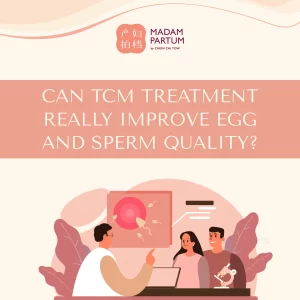
Can TCM Treatment really improve egg and sperm quality?
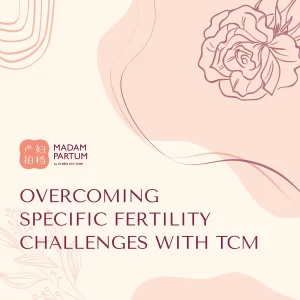
Overcoming Fertility Challenges with TCM
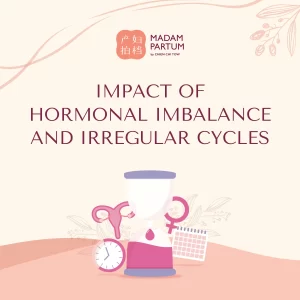
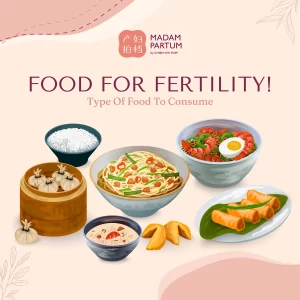

Newsletter
Other Posts
Explore the perinatal journey further to help you get ready for the changes ahead


IG Timeline 491

TCM and Weight Loss

